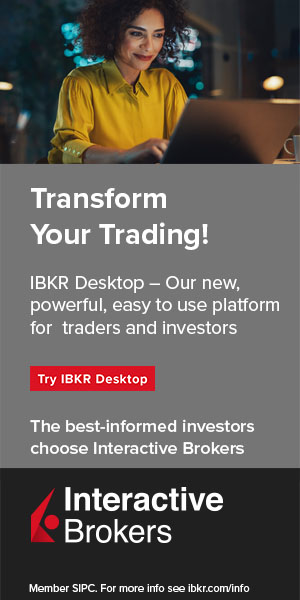Perhaps you think the answer is ultra-high intelligence?

Or extensive memory, or mathematical acuity?
Or great knowledge of accounting, or economics, or corporate strategy?
All wrong.
All the maths you need for sound investment you learned by the time you were 10 – if you were paying attention! Peter Lynch observed: “People who have been trained to rigidly quantify everything have a big disadvantage….All the Math you need in the stock market….(Chrysler’s got $1 billion in cash, $500 million in long-term debt, etc.) you get in the fourth grade. Logic is the subject that’s helped me the most in picking shares, if only because it taught me to identify the peculiar illogic of Wall Street”
The best investors are not those with very high intelligence – they often end up frustrated and disillusioned by the sheer stupidity that they witness in the markets, when share punters do not do the smart thing.
Lynch put it this way: “In terms of IQ, probably the best investors fall somewhere above the bottom ten percent, but also below the top three percent. The true geniuses, it seems to me, get too enamored of theoretical cogitations and are forever betrayed by the actual behavior of stocks, which is more simple-minded than they can imagine. It’s also important to be able to make decisions without complete or perfect information. Things are almost never clear on Wall Street, or when they are, then it’s too late to profit from them”.
Less than perfect memory can be made-up for by keeping extensive notes. Personally, I write long reports on a company before my initial investment. Subsequently, I update the report as results come out.
The report for the company I’m currently working on runs to 37 pages (12,000 words) so far; it’ll be a few more pages by the time I’ve finished. I’ve already put in about 100 hours for this company and a visit to chat with the directors (unfortunately it’s not one I can tell you about because at Henry Spain we are building up a substantial stake for clients, and it’s a small company so we don’t want additional demand for its shares right now).
When it comes to knowledge of accounting, economics and corporate strategy – well, of course, you need to understand these subjects to a decent level, but, then, you wouldn’t be an investor if you didn’t already take an interest in these subject areas, would you?
Surely, you are fascinated by alternative business models, by the numbers describing the progress of a business you might put your life savings into and by the economic environment impacting the firm?
If you’re not interested in these subjects – and many people live happy and fulfilled lives without venturing here, they make very important contributions to society – then perhaps you shouldn’t be investing for yourself. After all, would you go for DIY appendectomy or dental treatment or instead avail yourself of the services of someone with real focus and skill in these areas?
So, what quality HAS helped investors most?
Charlie Munger: “That’s easy — rationality. If you’re just not crazy, you have a big advantage over 95% of the people. Most people have all kinds of crazy patches. If you’re just consistently not crazy, you get a big advantage in life. If you’re patient and a gratification-deferrer, in addition to being not crazy, then it’s practically a cinch. It’s so simple. Why don’t more people do it? It’s an interesting question. I don’t think you can educate your children to do it automatically. If you have ten children, you’ll have some that are a lot better than others at doing this.”
Benjamin Graham, the father of value investing, said: “The investor’s chief problem – and even his worst enemy – is likely to be himself….We have seen much more money made and kept by ‘ordinary people’ who were temperamentally well suited for the investment process than by those who lacked this quality, even though they had extensive knowledge of finance, accounting and stock market lore”
Is it harder with success, age, wealth to hold onto rationality?
Charlie Munger, at 99 said: “It’s always hard, but you get better at it if you get good at it young and keep practicing. But it’s never easy.”
Warren Buffett agrees that rationality is at the core: “Your goal as an investor should simply be to purchase, at a rational price, a part interest in an easily-understandable business whose earnings are virtually certain to be materially higher 5, 10 or 20 years from now.” (Chairman’s letter to Berkshire Hathaway shareholders 1996)
Be as objective as you can be in judging how the world works: “Recognise and adapt to the true nature of the world around you: don’t expect it to adapt to you.” (Charles Munger)
Do not allow optimism to blind you to the downside and then overpay “It is optimism that is the enemy of the rational buyer.” (Warren Buffett, B.H. 1990)
On the flip side of that: do not let irrational pessimism prevent you from picking up bargains.
It’s not easy being an investor, but it is a fun intellectual pursuit, so who wants it too easy?
If it was easy, everyone could do it well and then the fun goes out of it as the bargains disappear.
Prof Glen Arnold now offers a Managed Portfolio Service at Henry Spain Investment Services under which clients’ portfolios contain the same shares as his (write to Jackie.Tran@henryspain.co.uk)


 Hot Features
Hot Features













